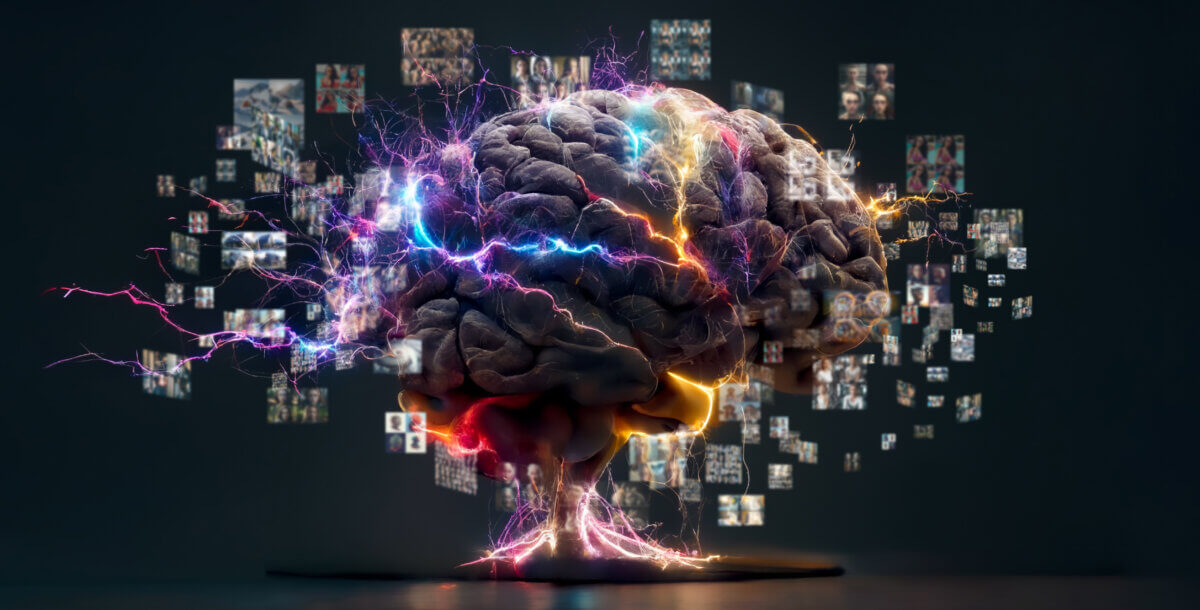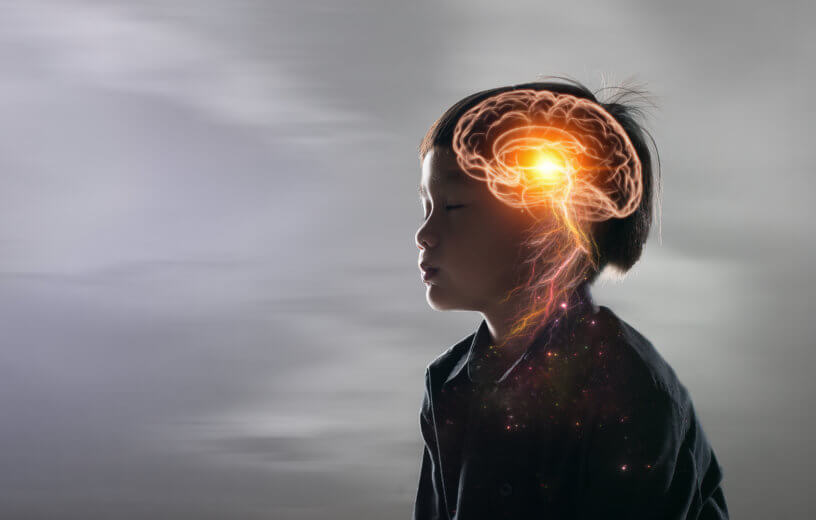DUBLIN, Ireland — Neuroscience researchers have discovered an intriguing connection between the preservation of early life memories and brain development associated with autism. Trinity College Dublin researchers are shedding light on how a specific type of memory loss, termed “infantile amnesia,” is influenced by forms of autism and maternal immune responses during pregnancy.
Infantile amnesia is a phenomenon where individuals remember very little of their experiences before the age of two. This memory loss extends to episodic and autobiographical memories formed during early life. The researchers sought to explore how infantile amnesia is impacted by autism-related factors.
One known contributor to the development of autism in both humans and mice is the maternal immune response, triggered by infection during pregnancy. Trinity neuroscientists made an astonishing discovery by revealing that this altered brain state, resulting from maternal immune activation, also prevents the usual loss of memories formed during infancy.
In their study, conducted using a mouse model, researchers demonstrated that exposure to maternal immune activation, which involves artificially inducing inflammation during pregnancy without actual infection, acts as a safeguard against early-life memory loss. This effect is achieved by altering the functioning of specialized memory cells called “engrams” in the brain.
The study also showed that memories typically forgotten from infancy can be permanently reinstated in adults by activating the correct memory engrams. To achieve this, researchers employed an “optogenetics” approach, using light to trigger specific neural pathways linked to the desired memory engrams. These findings suggest that infantile amnesia may stem from a retrieval deficiency, where early childhood memories remain stored in the adult brain but cannot be naturally recalled.

“Infantile amnesia is possibly the most ubiquitous yet underappreciated form of memory loss in humans and mammals,” says study senior author Dr. Tomás Ryan, an associate professor in Trinity’s School of Biochemistry and Immunology and the Trinity College Institute of Neuroscience, in a university release. “Despite its widespread relevance, little is known about the biological conditions underpinning this amnesia and its effect on the engram cells that encode each memory. As a society, we assume infant forgetting is an unavoidable fact of life, so we pay little attention to it.”
Study lead author Dr. Sarah Power, a postdoctoral researcher at the Max Planck Institute for Human Development in Berlin, Germany, highlighted the importance of investigating how development affects the storage and retrieval of early childhood memories.
“Our brains’ early developmental trajectories seem to affect what we remember or forget as we move through infancy,” notes Dr. Power. “We now hope to investigate in more detail how development affects the storage and retrieval of early childhood memories, which could have a number of important knock-on impacts from both an educational and a medical perspective.”
This research represents a significant milestone in developmental memory research by uncovering the link between the retention of early childhood memories and maternal immune responses associated with Autism spectrum disorder (ASD). It also underscores the brain’s adaptability in response to environmental challenges during embryonic and early postnatal development.
The study was supported by various organizations, including the Jacobs Foundation, Science Foundation Ireland, the European Research Council, Boehringer Ingelheim Fonds, the Lister Institute of Preventive Medicine, the Brain & Behavior Research Foundation, and the Canadian Institute for Advanced Research (CIFAR).
The study is published in the journal Science Advances.
You might also be interested in:
- 1 In 4 Teens May Have An Undiagnosed Case Of Autism, Study Reveals
- Common ear, nose, and throat problems among toddlers may be warning signs of autism
- Earliest memories can be recalled from as young as two-and-a-half years old

